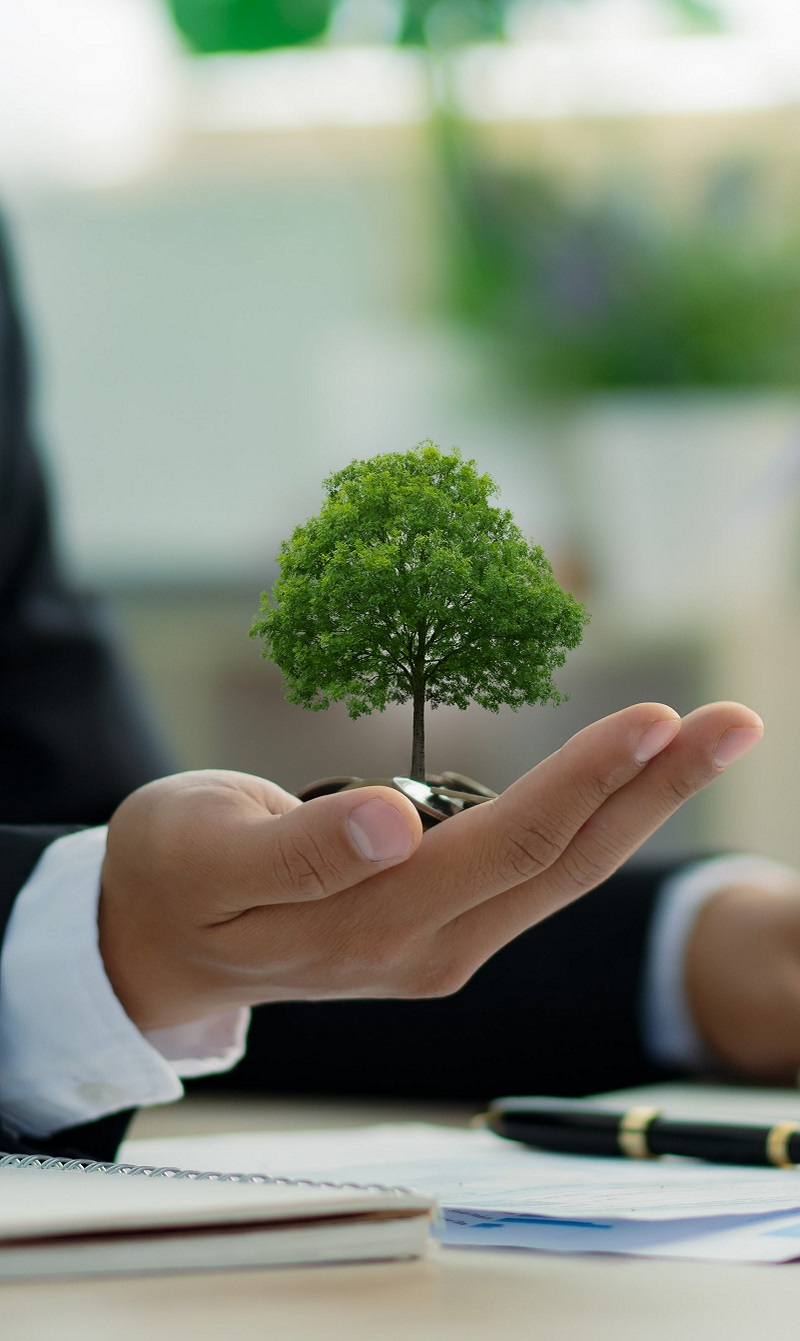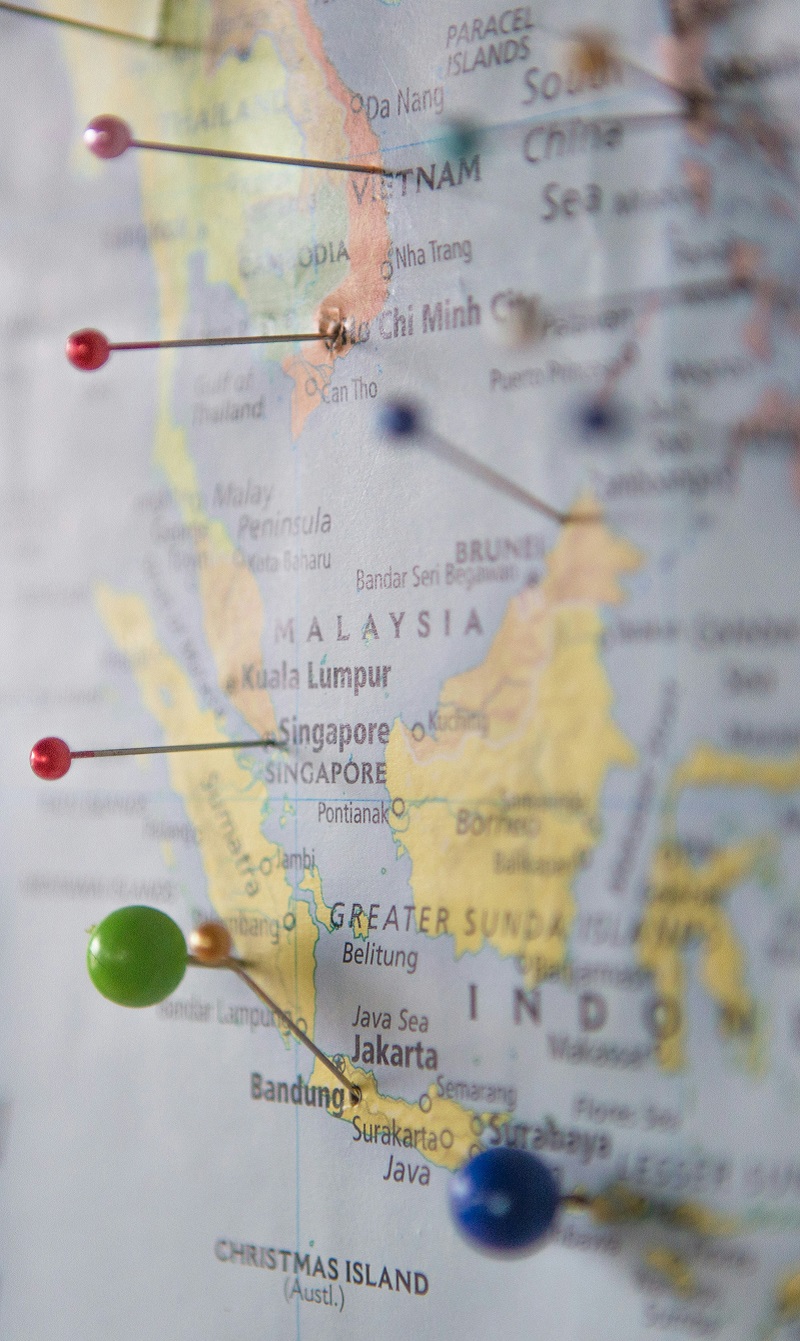Rebuilding Social Enterprise
Despite COVID-19 restrictions, many social enterprises evolved. WET’s webinar titled Rebuilding Social Enterprise in February 2022 discussed on how entrepreneurs adapted their businesses and moved online to provide support to improve their community’s future opportunities. Here’s the summary.
The COVID-19 pandemic triggered severe economic crisis but it highlighted the invaluable role played by social enterprises. During the period, the most vulnerable in the labour market experienced reduced chances to earn a living significantly and social enterprises made important contributions in areas such as employment, mental health, education and social inclusion. Three experts discussed various challenges and opportunities faced by social enterprises, how to rebuild for after the pandemic, role of governments to encourage, prioritise and ensure their prosperity.
Meet the experts:
– Rashvin Pal Singh, Group CEO, Biji-biji Initiative, Malaysia
– Ren Wan, Co-founder and CEO, JupYeah & LookMatters, Hong Kong
– Anshu Gupta, Founder Director, Goonj, India
Impact of COVID-19 on Social Enterprises
Anshu Gupta: The last two years have been really tough for everyone living through the COVID-19 pandemic and with the crisis still unfolding through the post-COVID era. This has had a significant impact not just on people but with those we were with – there are generations that were spoiled. In India and like in many other countries and economies, one generation sacrifices a lot to make sure that the next generation really studies and does well. However, this has all gone wrong as the amount of loss that has impacted the education, employment and social fabric is huge.
We’re talking about rebuilding social enterprises. On the contrary, social enterprises have performed very well across the globe whether you’re talking about social institutions, NGOs who all attended to the crisis despite not having proper training or medical experience. If there was a shortage of medical experts on the field, we made sure we filled the gap with the relevant personnel. However, we also found that a large number of people – millions actually, were pushed to poverty and now labelled marginalised. The big question is, what happened to the originally marginalised communities?
One of the good parts of social enterprises is that we have a stakeholder mindset. We don’t treat people as beneficiaries or donors. Instead, it is all about how they become stakeholders. On that note, many of us changed our lenses in the way we served the many segment of the communities from the artists to people with disabilities. This is the first time in two decades of our work we were able to see deeper and respond to specific crisis or needs. These two years have been absolutely amazing learning phase for us.
Rashvin Pal Singh: For all of us social enterprises, we really had to rethink how we worked on ourselves and how we delivered support right to that last mile. How we went on the ground with our supply chain being so badly affected especially our circular economy work was tough to proceed. We had to implement decentralised models, which is a new learning. Conducting education programmes was difficult right in the beginning, but you really had to innovate and do it better, so we had to think of different ways to connect with our youth communities.
Biji-biji Initiative and Me.reka is really about how capital can be unlocked. If you look at capital it is something that is available all around us and the first thing which we all have is social capital. To identify and unlock social capital along with other types of capital. Social capital is needed to build trust. What allows the flexibility for us is the entrepreneurial lens. When we have that mindset at the core of our model, we are constantly looking at how to be effective and collaborative. Creating deep and meaningful collaboration does take time. It is forums like this that help create the initial testing beds for future collaborations.
Ren Wan: JupYeah has been in operation for about 10 years and the problem that we were tackling here in Hong Kong before the pandemic was excessive consumption. Living in a consumer city, we have a really serious waste issue and JupYeah was created to address that issue by encouraging them to exchange their items that they don’t need with the ones that are on display. However, because of COVID-19, we have seen a lot of disruptions in the business model that used to work well for us but not anymore. Pivoting of our platform to a digital marketplace was well received by consumers during these times and it does connect with them and this move has indeed help the business sustain itself. While JupYeah is a virtual swapping platform, LookMatters is all about second-hand fashion.
We had a very challenging time during the pandemic as fashion didn’t seem relevant anymore because people were stuck in their homes but still wanted to get rid of their clothes. We had to find a way to deal with the situation and I believe this is where innovation plays a very important role in addressing the grey area which led to the creation of JupUp. It is a service that sends a runner to your home to pick up used clothing for a small fee. These items will end up at our distribution centre in our basement ready to be added as an item on the website. A portion of the clothes will be donated to the social workers and NGOs in the local community.
There seems to be more opportunity than challenges because the challenges that confine us actually force us to think or rethink our approach. Take for instance the vegetable shortage crisis in Hong Kong. We depended heavily on China-produced vegetables for daily consumption but due to the pandemic, we had to rely on locally farmed produce and that’s an opportunity there. The same goes for the fashion industry here in Hong Kong. People are forced to source for locally made or second hand clothing and that is how we realised that this type of business model will be successful.
The Next Steps
Anshu: Previously, when handling a crisis, you’re only dealing with the subject’s grief and it was fine. However, during the pandemic and even post-pandemic it’s a whole different perspective and for the first time when you attend to the crisis, you could be also going through a personal crisis as well. Kudos to the social sector not just in India but all across the globe for going that extra little bit.
COVID-19 pandemic has opened up a lot of opportunities for social enterprises and the biggest opportunity is to relook into a lot of the processes. In the last two years, we saw a whole lot of big infrastructure and businesses were closed including airports and fancy multi-storey buildings. What worked was small initiatives such as five-foot way toilets that people frequent or even transport to local eateries. Therefore, we have to take a step back and analyse where we spend our energy and money, and what we believe people actually need during the time of crisis.
If we hand out food kits which have vegetables and fruits of 10 and 15 kilograms, it not only brings nutrition and fresh produce to a home. It also secures the employment of the local farmer who can now plant the seeds for the next cycle.
Rashvin: With governments unexpectedly having to spend on healthcare for the recovery of the economy, I believe now it will be a tough task to channel the funds to multiple streams for various developments and necessities. People are also really looking at solutions that are meaningful and tangible and there is not a better time than now for new social entrepreneurs to rise and run with it because. The awareness is there, people are ready with policies to talk about and it really just needs us to put that idea together, put that team together and get it going, and I hope today’s session helps a few of you to start.
Ren: Going local is important for us in Hong Kong right now in terms of sustainability and self-sufficiency as we’re always on the lookout for the highest level of sustainability. It will be a good start for the local industry and gives opportunities for small or independent start-ups to try something new. It is believed that individuals or small parties have more control and power to do something because of the flexibility and can experiment with different interfaces or systems. We have plenty of disruptions in our life now and a lot of people just throw away the economic and social factors. A lot of people want to do good now because they need to find something that makes them feel better.





